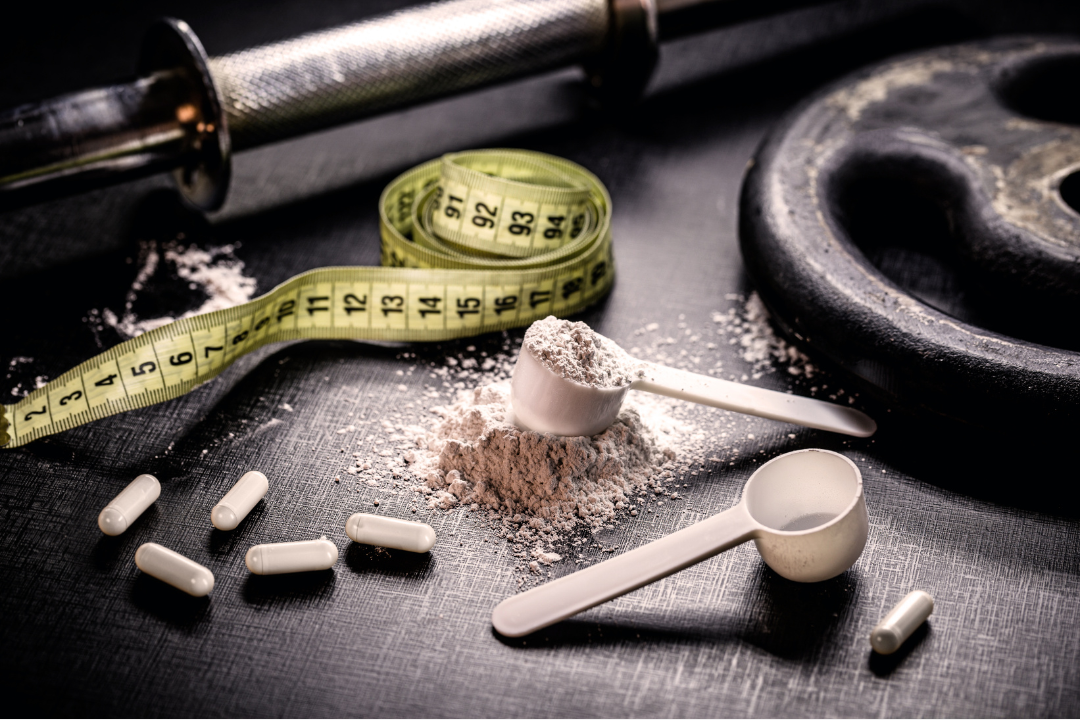Introduction
Are you pondering, “Can creatine cause hair loss?” If you’re using or considering creatine supplements, this question is likely on your mind. While science doesn’t directly link creatine to hair loss, there’s a notable connection between creatine, DHT (dihydrotestosterone), and hair health. Creatine, a popular and safe supplement, especially among athletes, raises questions about its impact on hair loss.
What is Creatine?
Creatine, an amino acid, plays a crucial role in muscle development, contraction, relaxation, and tissue repair. It’s naturally produced in muscle tissue, the pancreas, and the liver. About half of the body’s creatine comes from protein-rich foods like red meat, dairy, and seafood. Creatine supplements are a common alternative, particularly for vegetarians or vegans.
Creatine Supplements
Creatine supplements are favored for boosting muscle mass, especially in athletes. They convert to phosphocreatine, storing energy and aiding in muscle performance. Beyond athletics, creatine also shows promise in treating neurological disorders.

Does Creatine Cause Hair Loss?
Creatine influences hormones and DHT levels. DHT, a testosterone byproduct, is linked to male pattern hair loss. It’s beneficial in youth for reproductive organ development but can adversely affect hair follicles in adulthood. Men, with higher testosterone levels, may see a correlation between increased DHT and potential baldness. However, higher DHT levels primarily affect hair follicles already vulnerable to hair loss.
Research on Creatine and Hair Loss
Studies on creatine’s impact on hair health have yielded mixed results. For instance, research involving rugby players showed a significant increase in DHT levels with creatine supplementation, but this didn’t directly correlate with hair loss. The increase in DHT was within normal levels, not contributing to hair loss.
The Role of Individual Differences in Responses to Creatine
Responses to creatine vary based on age, diet, and tissue type. Children and the elderly, as well as vegetarians, show different responses to creatine supplementation. This highlights the importance of individual factors in determining the effects of creatine.
Recommendations for Individuals Concerned About Creatine and Hair Loss
- Consult a Healthcare Professional: Discuss your concerns and personal health factors with a professional.
- Start Small: Begin with lower doses of creatine and monitor your body’s response, adjusting as necessary.
Summing Up
In conclusion, current evidence does not establish a direct scientific link between creatine and hair loss. If concerned, approach creatine use with balance and consider individual factors. Informed decisions based on expert advice and scientific evidence are key. If you’re considering consuming creatine or have more questions, speak with our hair loss experts at TopHairLossClinic. We’re here to guide you on your journey to fuller, healthier hair.

